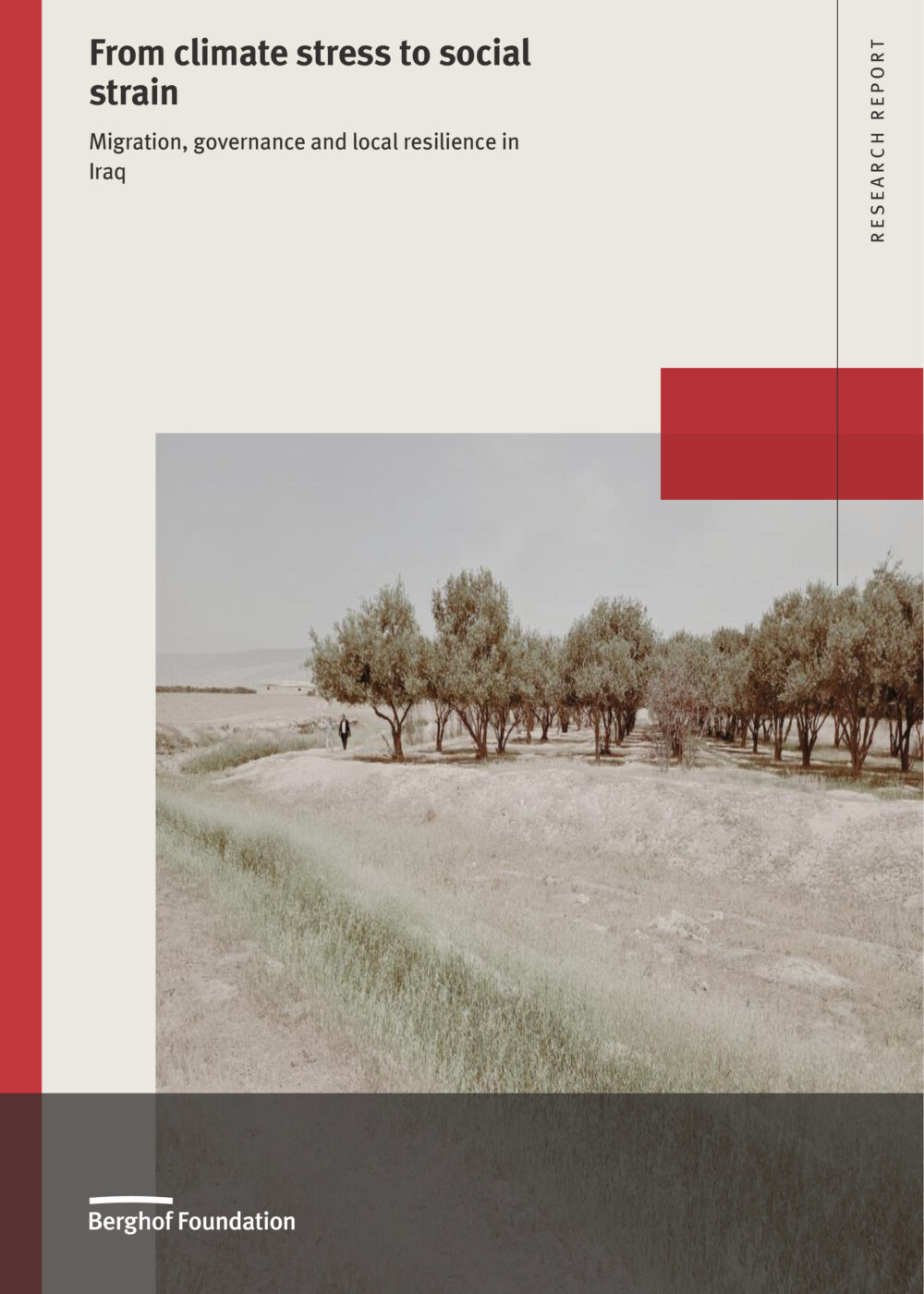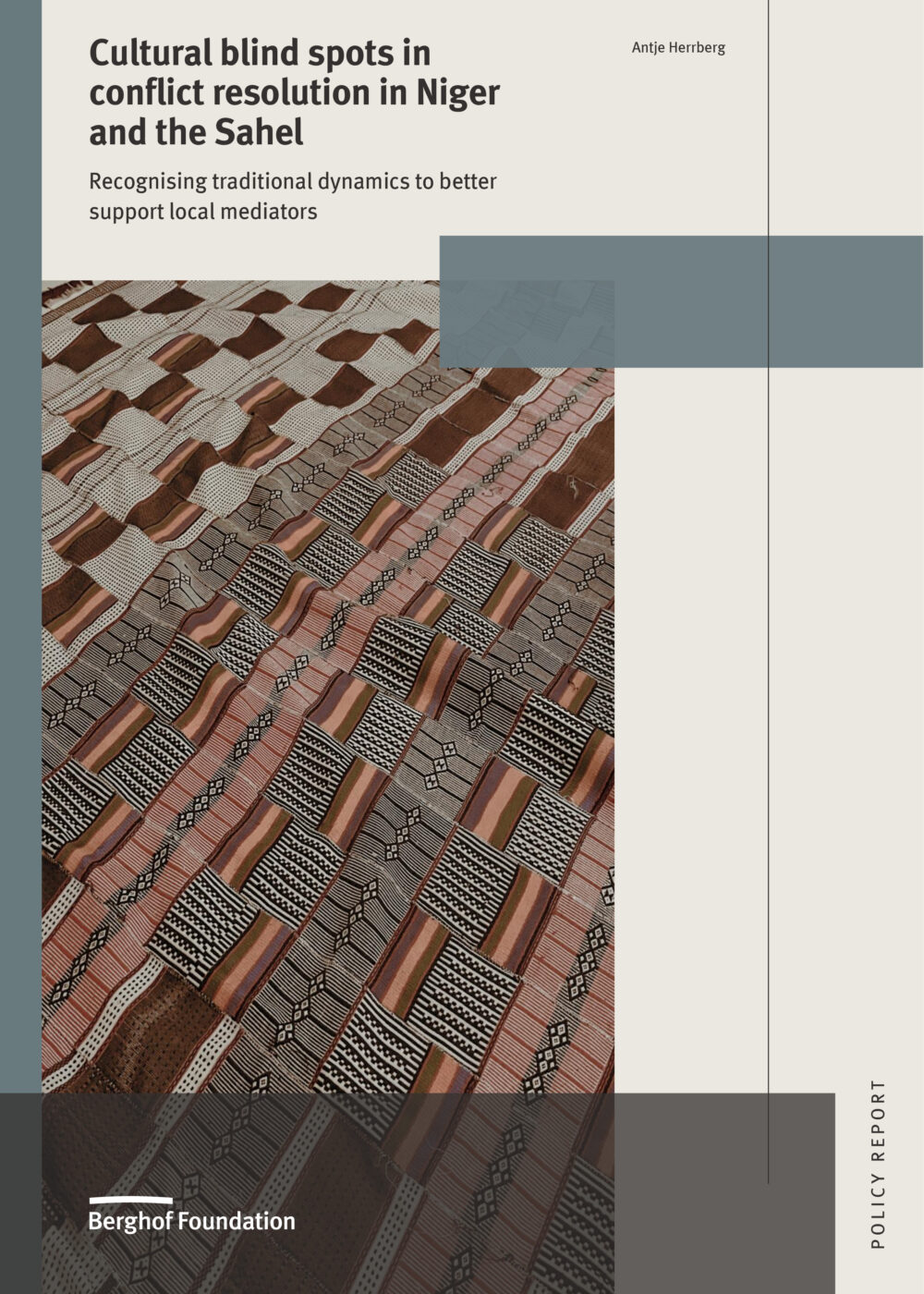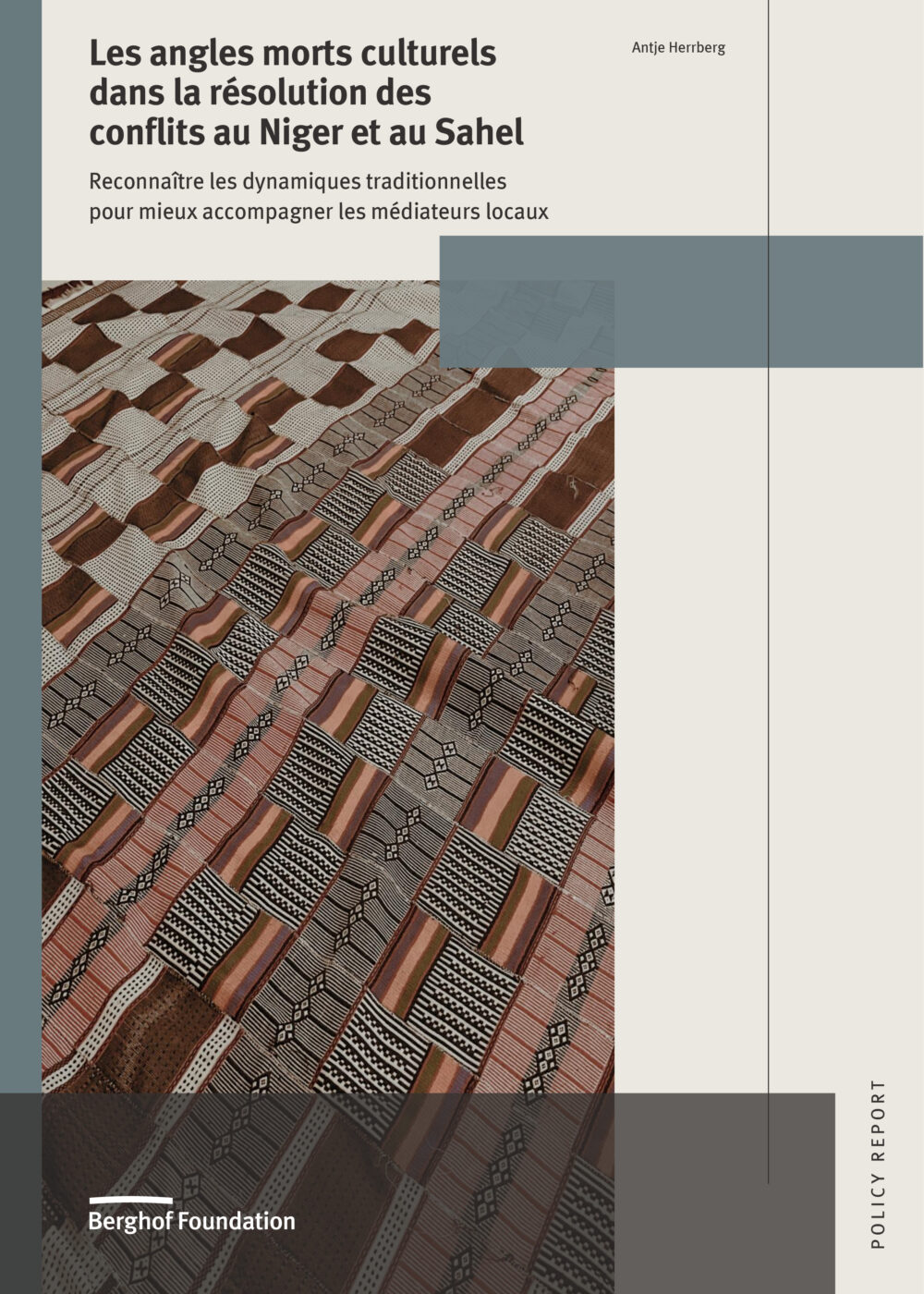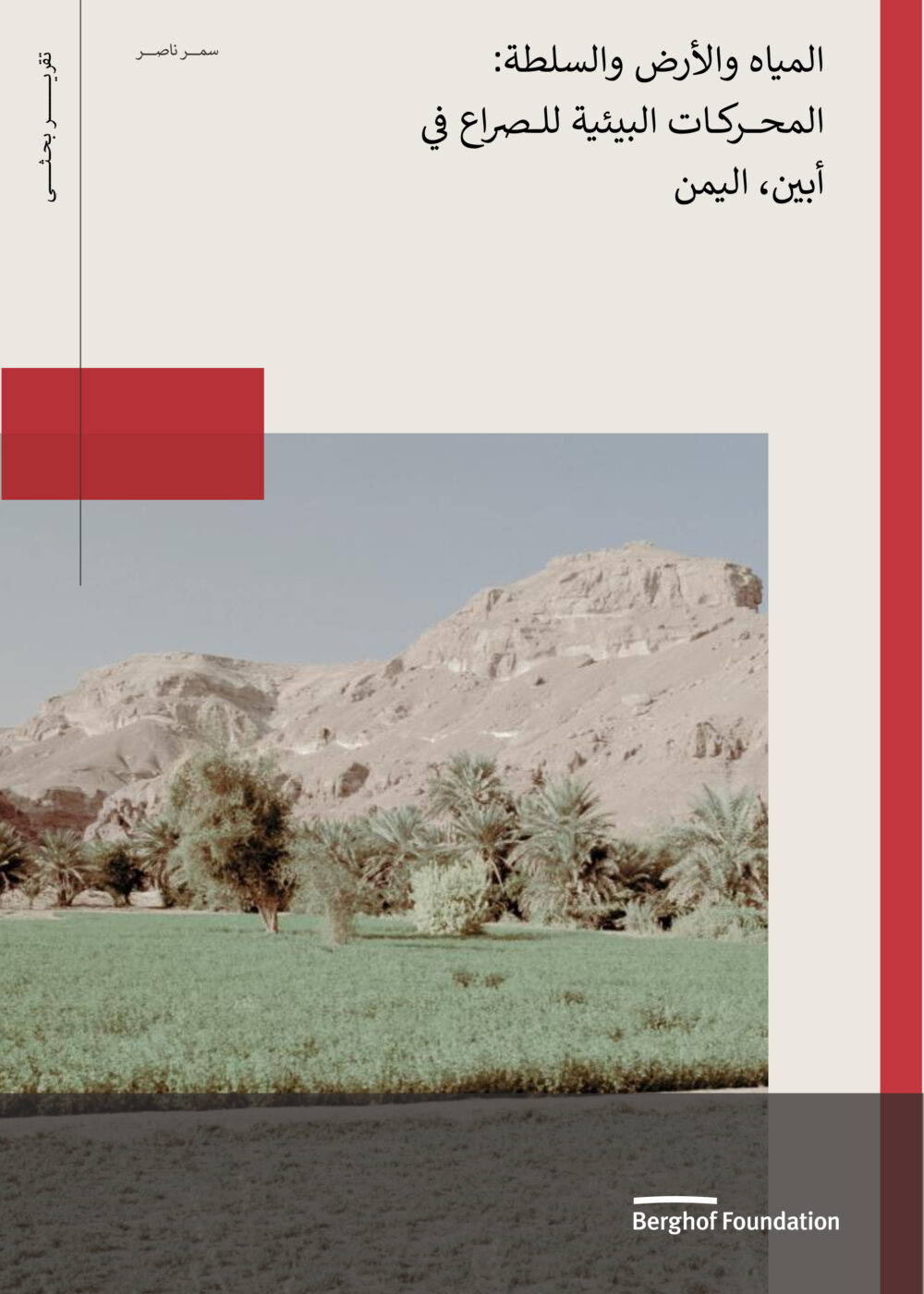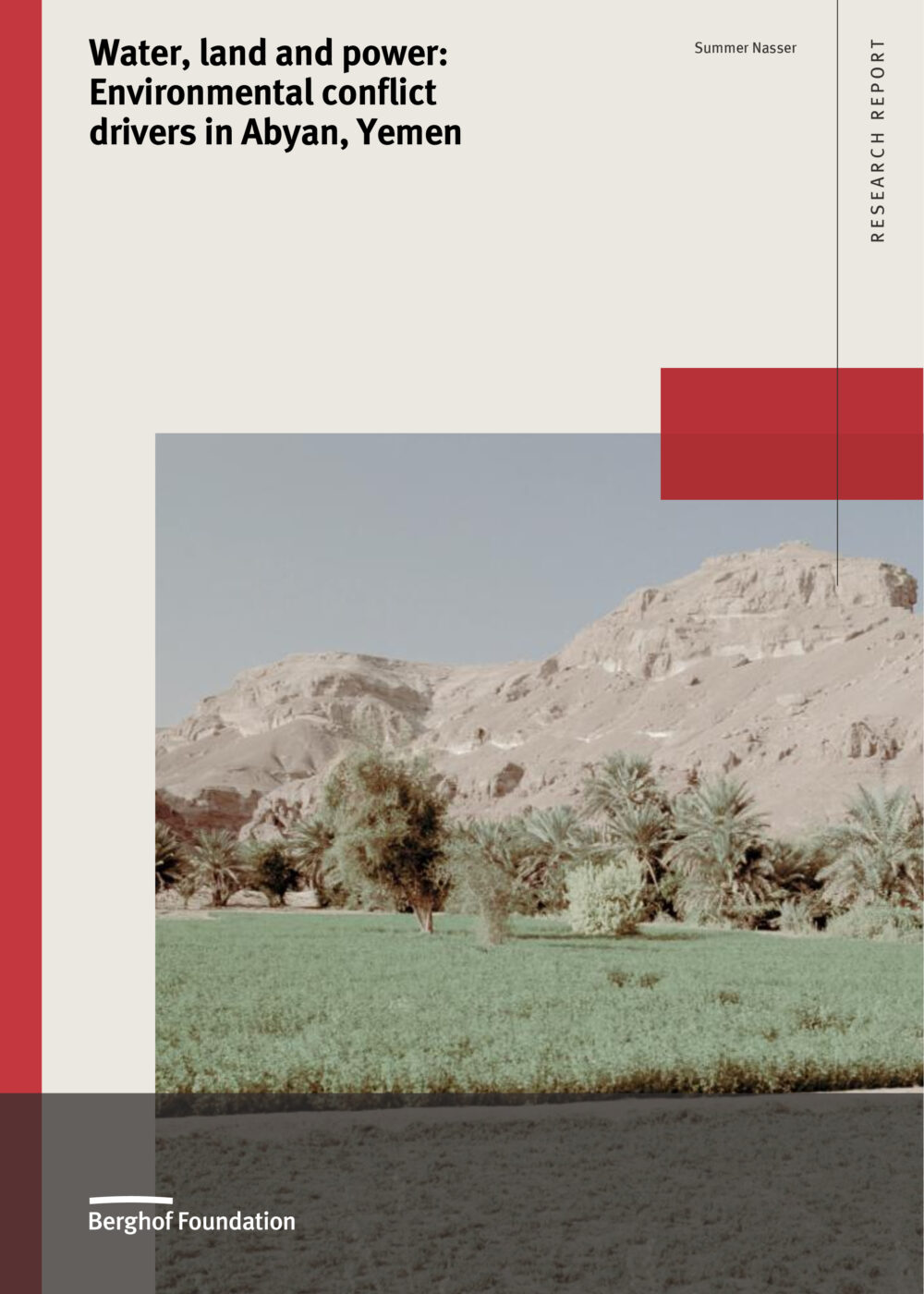28 Dec 2022
Leaving conflict firmly behind through the political transformation of armed groups
Notes for DDR and peacebuilding practitioners
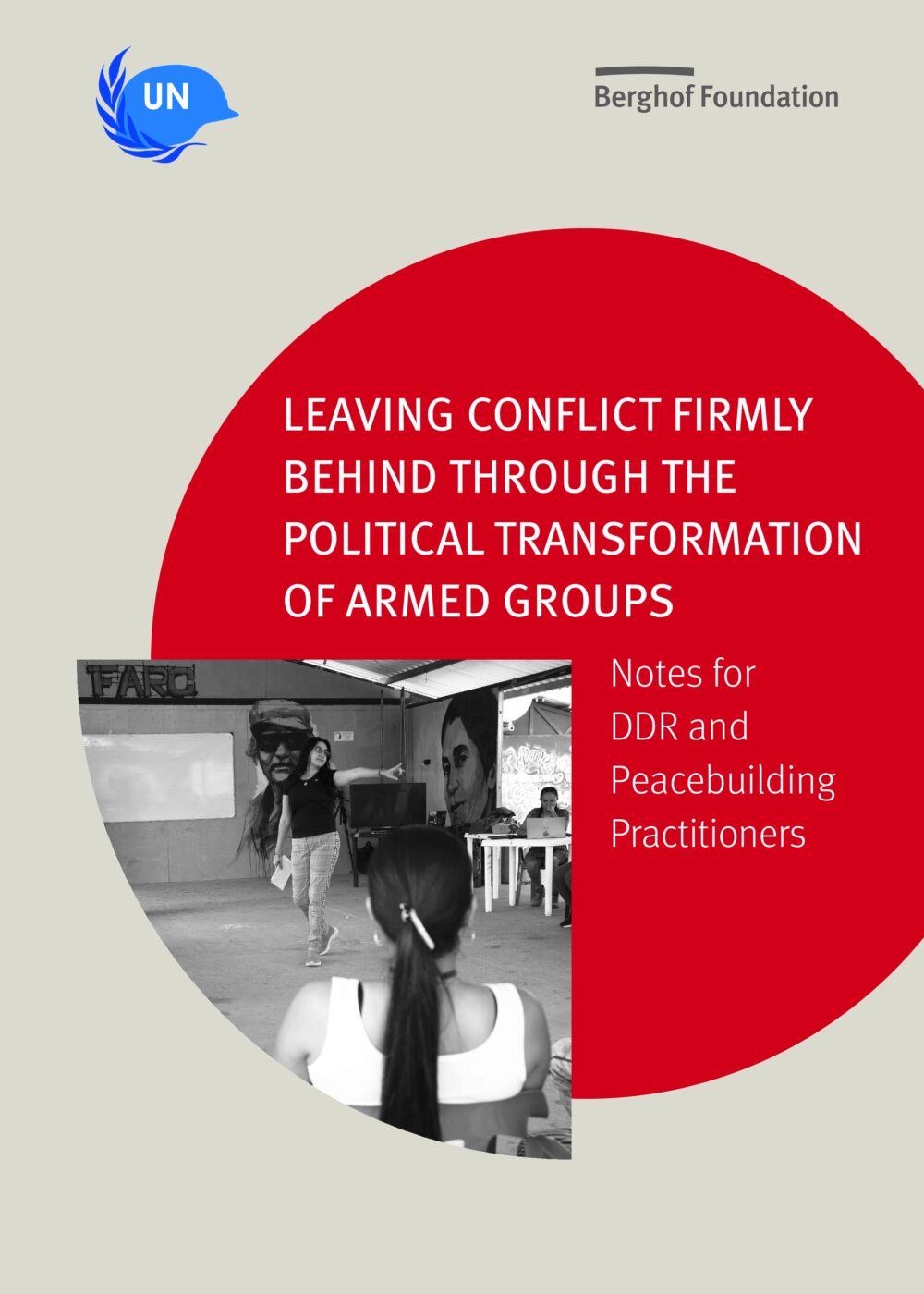
This report compiles key lessons learnt on the political dimension of DDR (Disarmament, Demobilisation and Reintegration) gathered through a project jointly conducted by the United Nations Department of Peace Operations (DDR Section) and the Berghof Foundation.
Authors
Johanna-Maria Hülzer, Véronique Dudouet, Sergiusz Sidorowicz, Thomas Kontogeorgos
In comparison to other sectors of post-war reintegration for ex-combatants, such as socio-economic reinsertion and security sector integration, DDR and peacebuilding practitioners have paid limited attention to the political trajectories of former armed groups. Yet DDR and political transformation are intrinsically linked in the minds of non-state armed groups, who see the prospects for exerting political agency as a condition for their demilitarisation.
Following an explanatory account of the interlinkages between DDR and political transformation and a series of four country examples from Mali, Colombia, Mindanao/Philippines and Northern Ireland, the report outlines six factors of successful political transformation. These are: sustaining internal cohesion within the transforming groups; favourable peace agreements and other legal frameworks; right timing of transitional justice as a trust-building endeavour; maintaining the political will of the state party to the conflict; promoting gender-sensitive transformation; and ensuring sustainable implementation of the new political settlement. For each set of factors, we highlight opportunities and avenues for external actors to support and facilitate such transformations, both during and after peace processes.
Thanks for your interest
If you find this publication useful, please consider making a small donation. Your support enables us to keep publishing.



